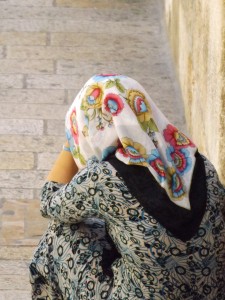Against the backdrop of violence, I have been examining through my research the qualities of our human condition that perpetuate both our survival and our spirit.
As an introduction to an ongoing series on Global Humanities, I will be discussing ways we can counter the dominant narrative of violence.
Our globalised world, or rather, the collective ‘Other’, is met through encounters from suffering—the patients that enter our clinical settings, the individuals that sacrifice their lives to reach the shores of safety, and the images that we only ever see from afar of stories that breathe suffering.

We are also in danger of medicalising the phenomena of violence and suffering. Explaining conditions that perpetuate violence and the neurology underpinning trauma creates a medicalisation of some of the most fundamental elements of our existence.
Yet, the more I am submerged into stories of violence, the greater I am of the hope that we are not inherently violent.
Our cultures and traditions where we create are greater than those from which we destroy.
During a series of forthcoming articles I will illustrate the cultural encounters that have shaped my understanding of a global humanity – and this will be undertaken by virtue of fleshing out narratives from a global humanities perspective.
Global humanities, in the sense that I will use the term, is a way to unite the global through its humanistic discourses; through literature, philosophy, ethics, religion, history and art, and in particular, how our understanding of humanities in a global context can be applied to medical practice.
The suffering created by violence is the war of medicine. Our understanding and expression of our sufferings is the art of medicine. Global humanities is thus the foundation for a global humanity; whereby the creation of suffering be-comes the creation of healing.
Through creation, violence will die.